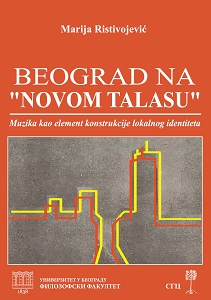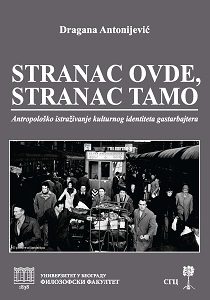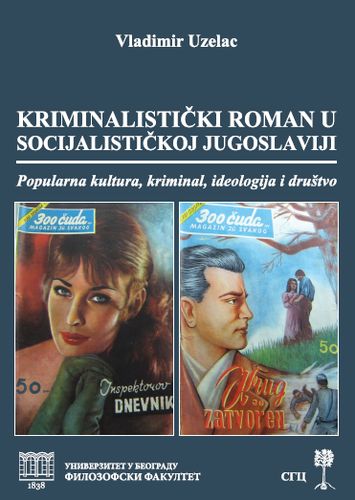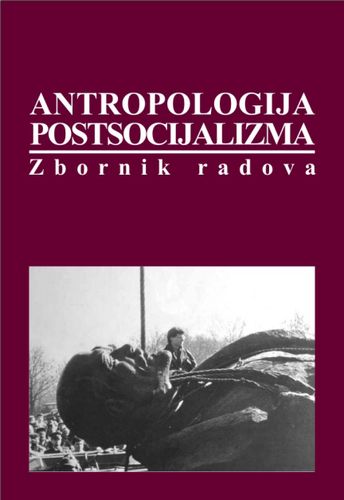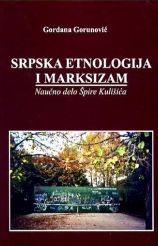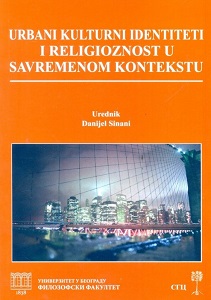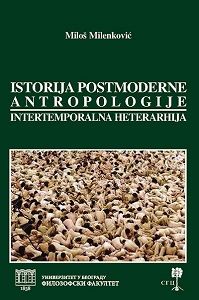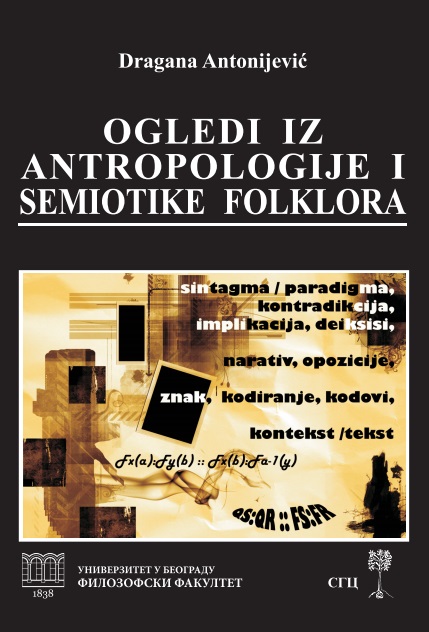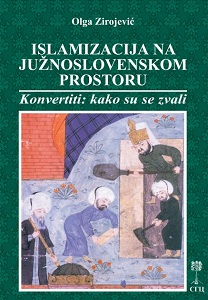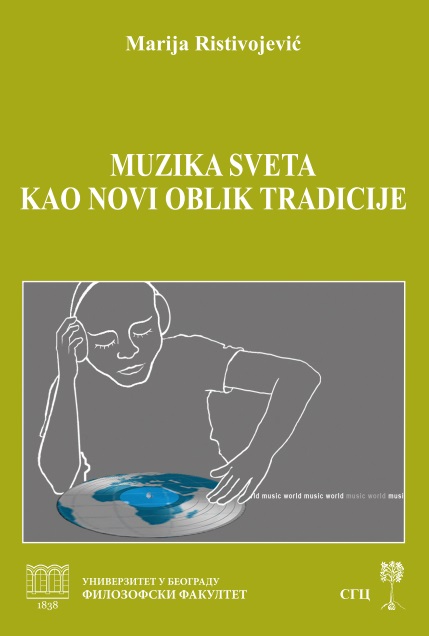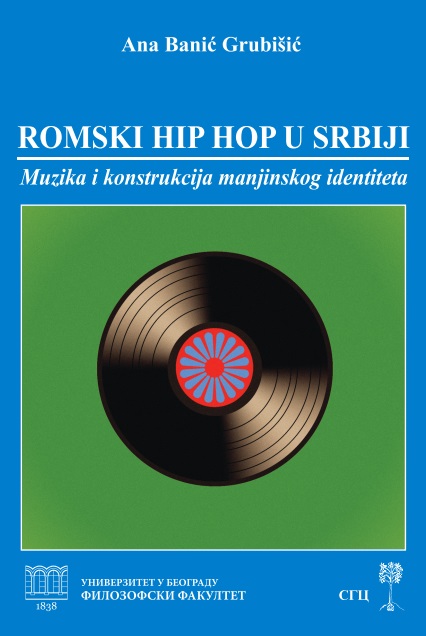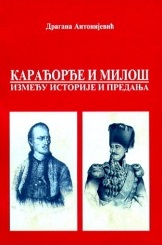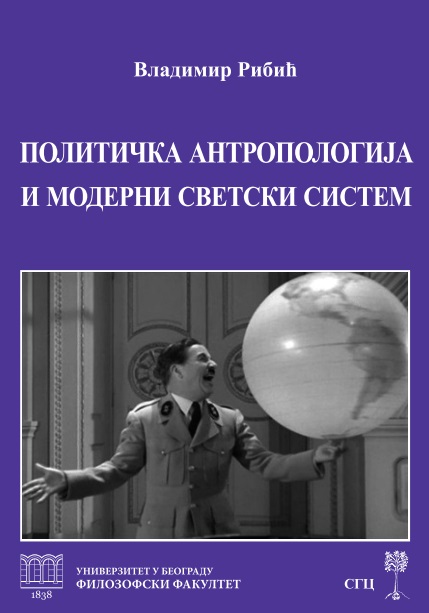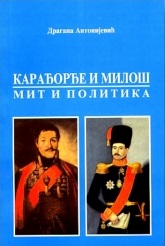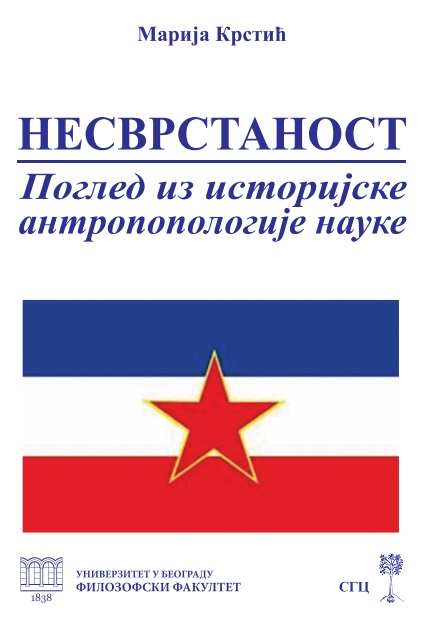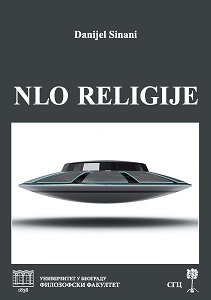
UFO Religions
NLO religije
Keywords: NLO; alternativne religije; religija
Da li ste nekada videli neidentifikovani leteći objekat? Ili ste, možda, imali bliski kontakt neke druge vrste sa "vanzemaljskim" pojavama i bićima ili možda poznajete nekoga ko tvrdi da je imao takvo iskustvo? No, bez obzira na to da li ste ikada u životu imali prilike da vidite neobične igre svetlosti ili nepoznate predmete na nebu, da li su vas (ili vama bliske i poznate ljude) otimali vanzemaljci ili, pak, ne možete da se pozovete na lični doživljaj kada se govori o eventualnim "dokazima" o postojanju vanzemaljskih inteligencija, gotovo je sigurno da ste čuli za fenomen NLO i da znate elementarne pretpostavke vezane za ovakve "kontakte" našeg i "drugih" svetova. Informacije iz oblasti koja je, u svojoj komercijalnoj verziji, za mnoge najpoznatija pod sintagmom "naučna fantastika", dostupne su i prisutne na svakom koraku. Pop-kulturne konceptualizacije ove ideje neminovno su dopirale i do mnogih koji sebe ne bi nazvali "ljubiteljima žanra". "Dr Hu", "Galaktika", "Zvezdane staze", "Ratovi zvezda", "Dosije X"... samo su neki od naslova serija i serijala koji su godinama unazad popularizovali ideju o postojanju inteligentnih oblika života van nama poznatih granica planete Zemlje. Spisak filmova, knjiga, tekstova i novinskih članaka koji se bave ovom problematikom ne bi stao ni u uvod daleko većeg obima od ovde planiranog.Prema kratkoj anketi koju je Galup sproveo pred kraj XX veka u Sjedinjenim američkim državama, oko 90% stanovništva imalo je određena saznanja o NLO. Još je interesantniji podatak da je, takođe po anketi sprovedenoj u SAD, bilo više ispitanika koji su znali šta pojam NLO predstavlja, nego što je bilo onih koji su mogli da se sete imena američkog predsednika Džeralda Forda – i to samo šest meseci nakon što je on napustio Belu kuću (Bullard 2000: ix). Ovakve rezultate pomenutih anketa dugujemo nesumnjivoj popularnosti fenomena NLO koja je razvijana dugi niz godina unazad. Ovaj egzemplarni ideološki, religijski, medijski i pop-kulturni fenomen postao je deo naših svakodnevnih života kroz tako različite manifestacije kao što su – teološke rasprave o postanku sveta, naučne rasprave o održivosti života van Zemlje, muzeji NLO, industrija zabave ali i najrazličitiji (manje-više) upotrebni predmeti i suveniri kao što su, na primer, privesci i slanici u obliku vanzemaljaca, svetleći mačevi Luka Skajvokera i Darta Vejdera ili majice sa likom E.T. – ja.Iako je, kako je u prethodnom pasusu već pomenuto, na temu NLO-a i s njima povezanih fenomena, napisano puno stranica teksta, objavljivano monografija, "svedočanstava" i iskaza učesnika događaja, te brojnih spekulacija i polemika koje su se uglavnom svodile na pokušaje dokazivanja ili, pak, opovrgavanja istinitosti i realnosti različitih konkretnih slučajeva kontakata sa vanzemaljskim bićima, primetan je nedostatak radova iz oblasti društvenih nauka (naročito antropologije), koji bi se bavili pomenutom problematikom. Što se stanja obrađenosti ove teme u domaćoj nauci tiče, i pored činjenice da pojedine oblasti u Srbiji slove za veoma interesantne "vanzemaljcima" – te stoga postoje i brojne priče i iskazi o viđenjima NLO-a ali i njihovih posada, radova koji bi analizirali ovakve ideje i narative, na globalnom ili lokalnom planu, gotovo i da nema. Vredan izuzetak predstavlja studija Nine Kulenović, koja u fokus istraživanja postavlja jedan specifičan segment NLO fenomena, odnosno, koja se bavi interesantnim naporima da se ufologija postulira kao naučna disciplina (Kulenović 2013). U ovoj studiji ćemo se, za početak, pozabaviti kratkim istorijatom NLO fenomena i pokreta u svetu, proći ćemo kroz najznačajnije momente u razvoju ideje o postojanju vanzemaljskih inteligencija koje pokušavaju da ostvare kontakt s nama, smrtnicima koji naseljavaju "plavu planetu" i razmotriti neke od bitnih implikacija ovih događaja na naše koncepte sveta i života, uopšte. Predstavićemo, dalje, početke formiranja specifične vrste NLO organizacija koje su uspele da okupe značajan broj sledbenika, uputićemo se u njihove najznačajnije karakteristike i pokazaćemo da se u osnovi njihove ideologije nalaze religijske ideje – i to, uglavnom, već dobro poznate religijske ideje.
More...
